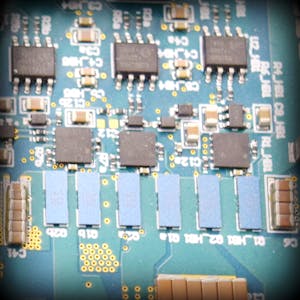What are the failure mode of NPN and PNP transistor?
NPN and PNP transistors are electronic devices that can fail in various ways. Here are some common failure modes for each type:
Failure modes of NPN transistor:
- Short circuit: This occurs when the collector and emitter terminals are connected together, causing a direct current path through the transistor, and damaging it.
- Open circuit: This occurs when the collector or emitter terminal is not connected to anything, causing no current to flow through the transistor and rendering it useless.
- Thermal runaway: This occurs when the transistor overheats, leading to increased current flow, which in turn increases heat, leading to further increase in current flow, until the transistor is destroyed.
Failure modes of PNP transistor:
Short circuit: This occurs when the emitter and collector terminals are connected together, causing a direct current path through the transistor, and damaging it.
Open circuit: This occurs when the emitter or collector terminal is not connected to anything, causing no current to flow through the transistor and rendering it useless.
Thermal runaway: This occurs when the transistor overheats, leading to increased current flow, which in turn increases heat, leading to further increase in current flow, until the transistor is destroyed.
It is important to note that these failure modes can be caused by a variety of factors, such as overvoltage, overcurrent, excessive power dissipation, or physical damage to the transistor. To avoid transistor failure, it is essential to operate the device within its specified limits and ensure proper cooling and protection circuits are in place.
























No comments